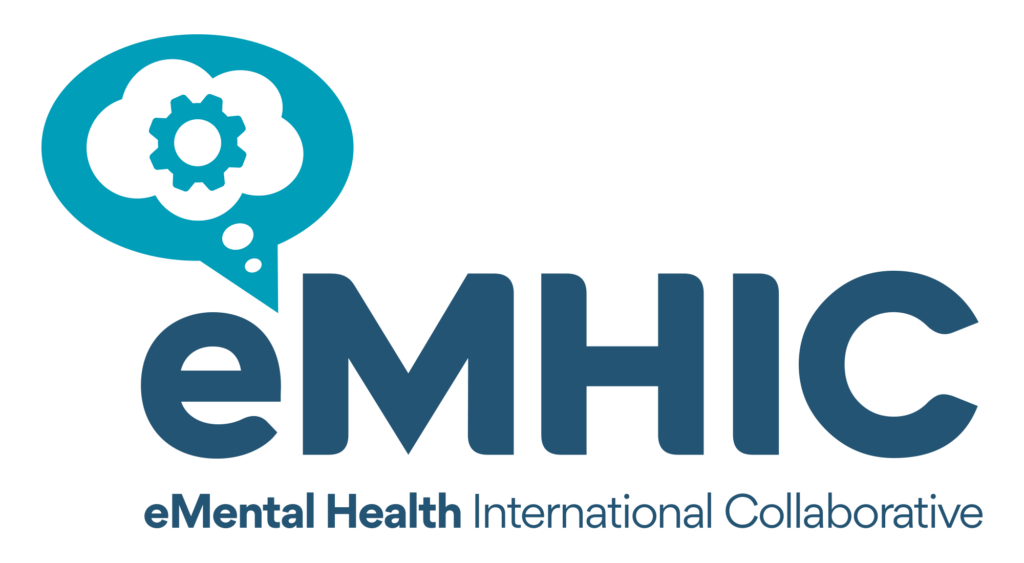Access to evidence-based psychological care, including cognitive behavioural therapy (CBT), for Medicare beneficiaries with mental health conditions such as depression, generalised anxiety disorder, insomnia, post-traumatic stress disorder, and eating disorders is limited, according to a report commissioned by Big Health and conducted by actuarial consulting firm Milliman. The report found that a significant proportion of traditional Medicare beneficiaries diagnosed with generalized anxiety disorder and insomnia did not receive psychotherapy, despite clinical guidelines recommending it as first-line treatment. Instead, some patients were prescribed riskier second-line drugs with potential adverse effects.
The report also highlighted challenges in the clinical workforce, with a shortage of behavioural health specialists, long wait times for new patients, and inadequate reimbursement mechanisms. Focus should be on increasing access to evidence-based psychological care, with potential solutions including changes to the clinical workforce, care delivery, and payment models.
Key Takeaways
Psychological treatments, such as CBT, are considered the gold-standard for mental health conditions, but for many who need it, access is limited. This despite clinical guidelines recommending CBT as first-line treatment.
Some beneficiaries were receiving riskier second-line medications, such as benzodiazepines and hypnotics, before receiving evidence-based first-line behavioural interventions like CBT.
Digital mental health interventions, such as teletherapy and online CBT programs, could be a solution to increase access to evidence-based psychological care.
Challenges in the clinical workforce, including a shortage of behavioural health specialists, long wait times, and inadequate reimbursement mechanisms, hinder access to psychological care, making scalable digital mental health interventions a viable option.
Digital mental health interventions have the potential to enable better care by overcoming access barriers and increasing the availability of evidence-based psychological treatments. This would help close the gap between the care patients should be getting versus what they are actually getting.




